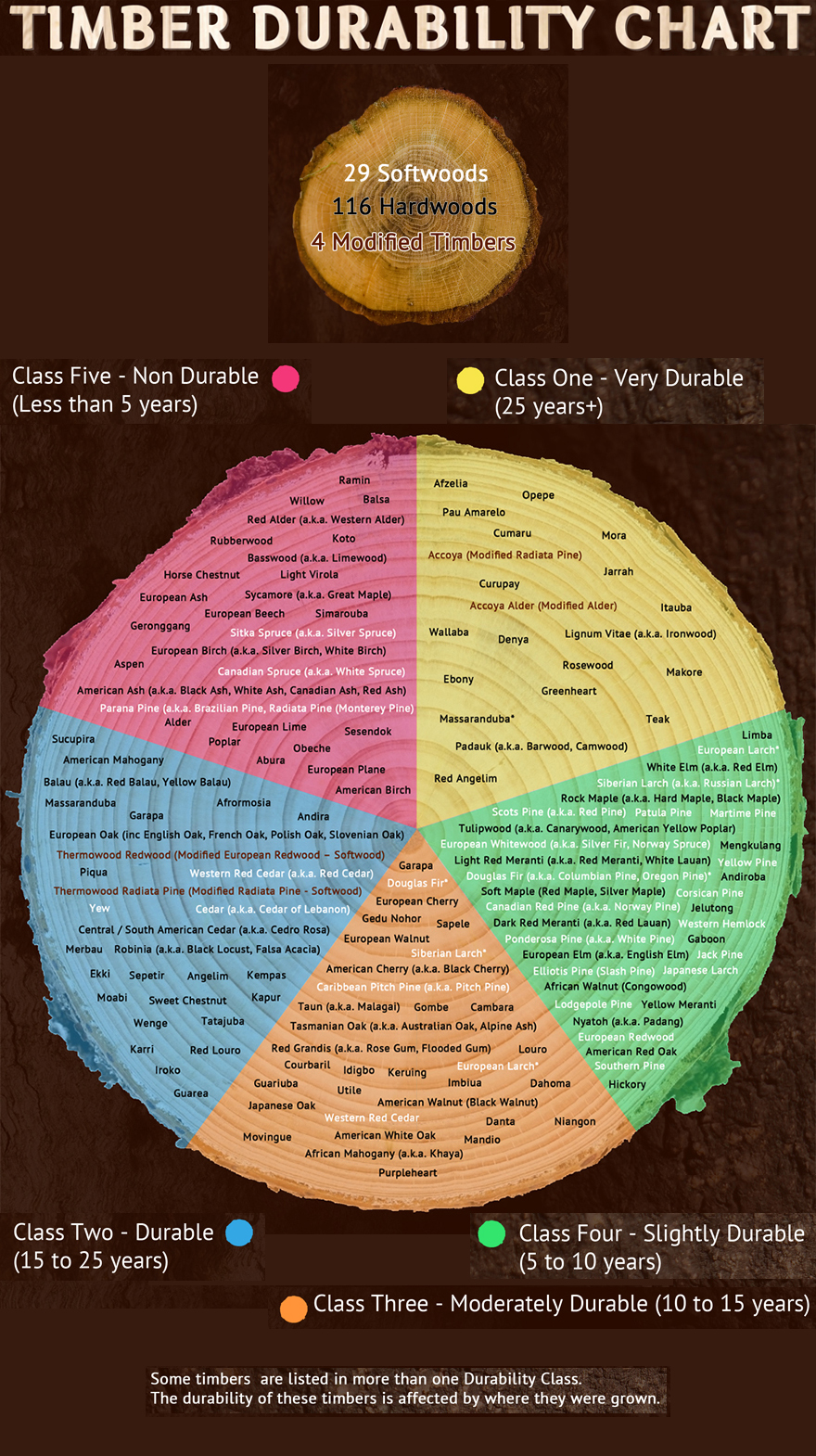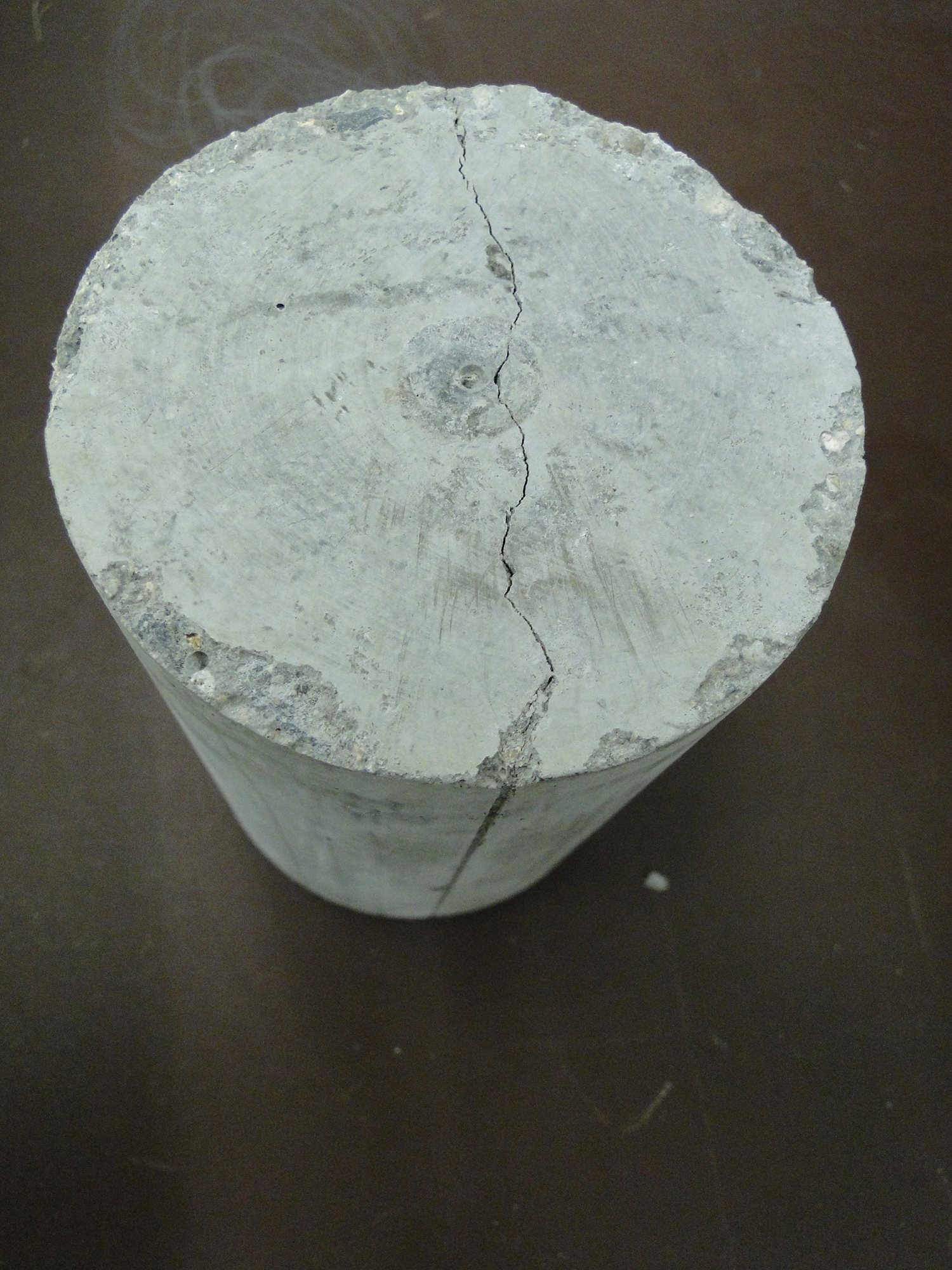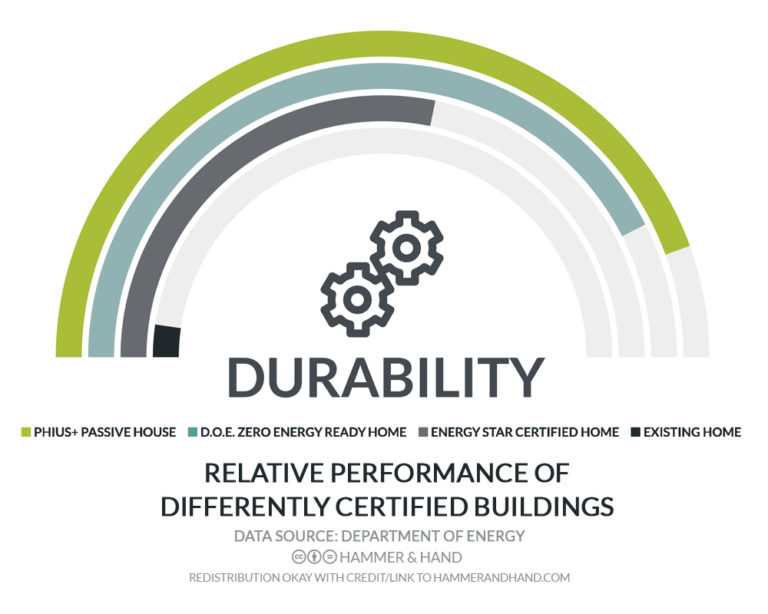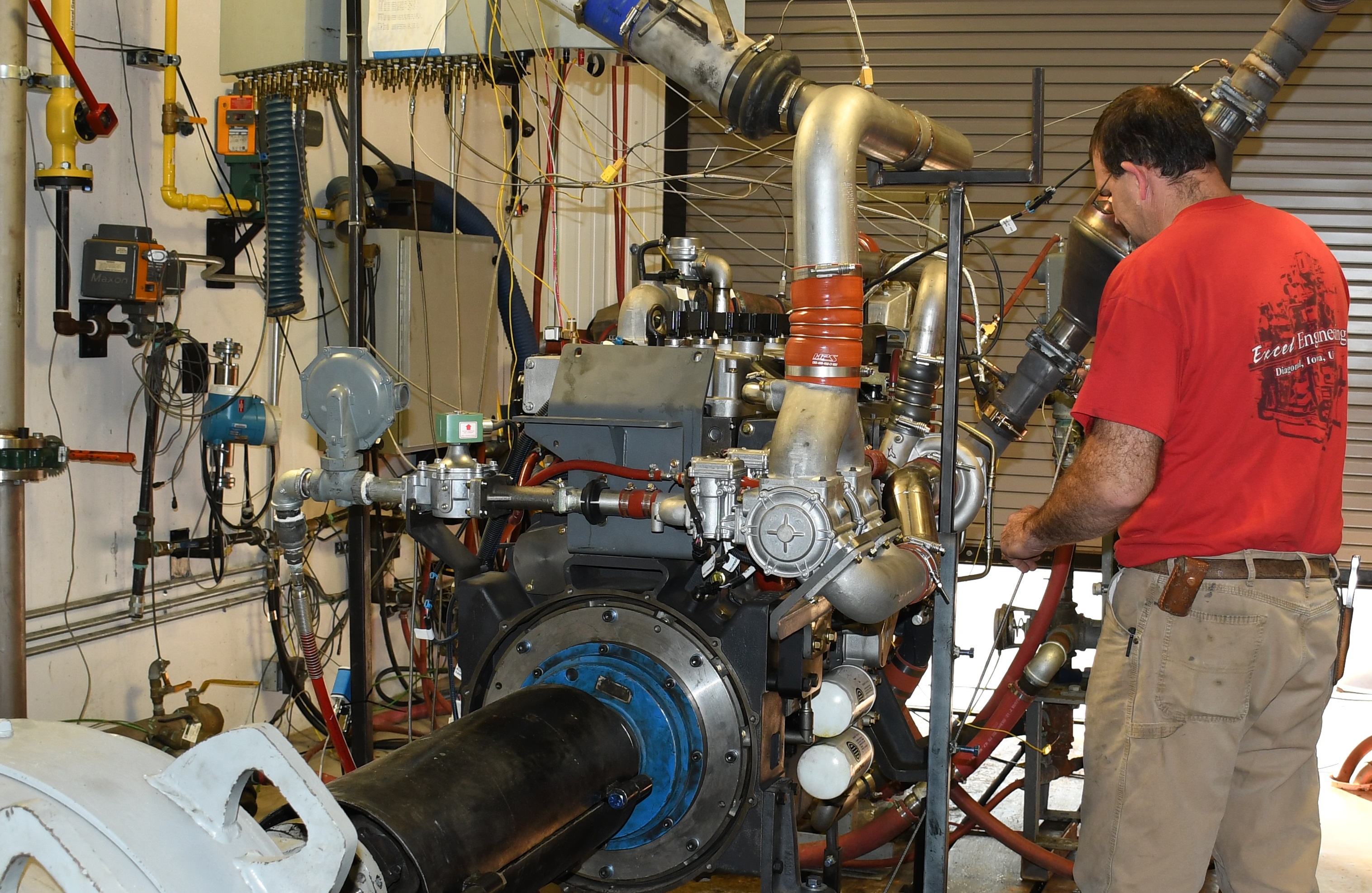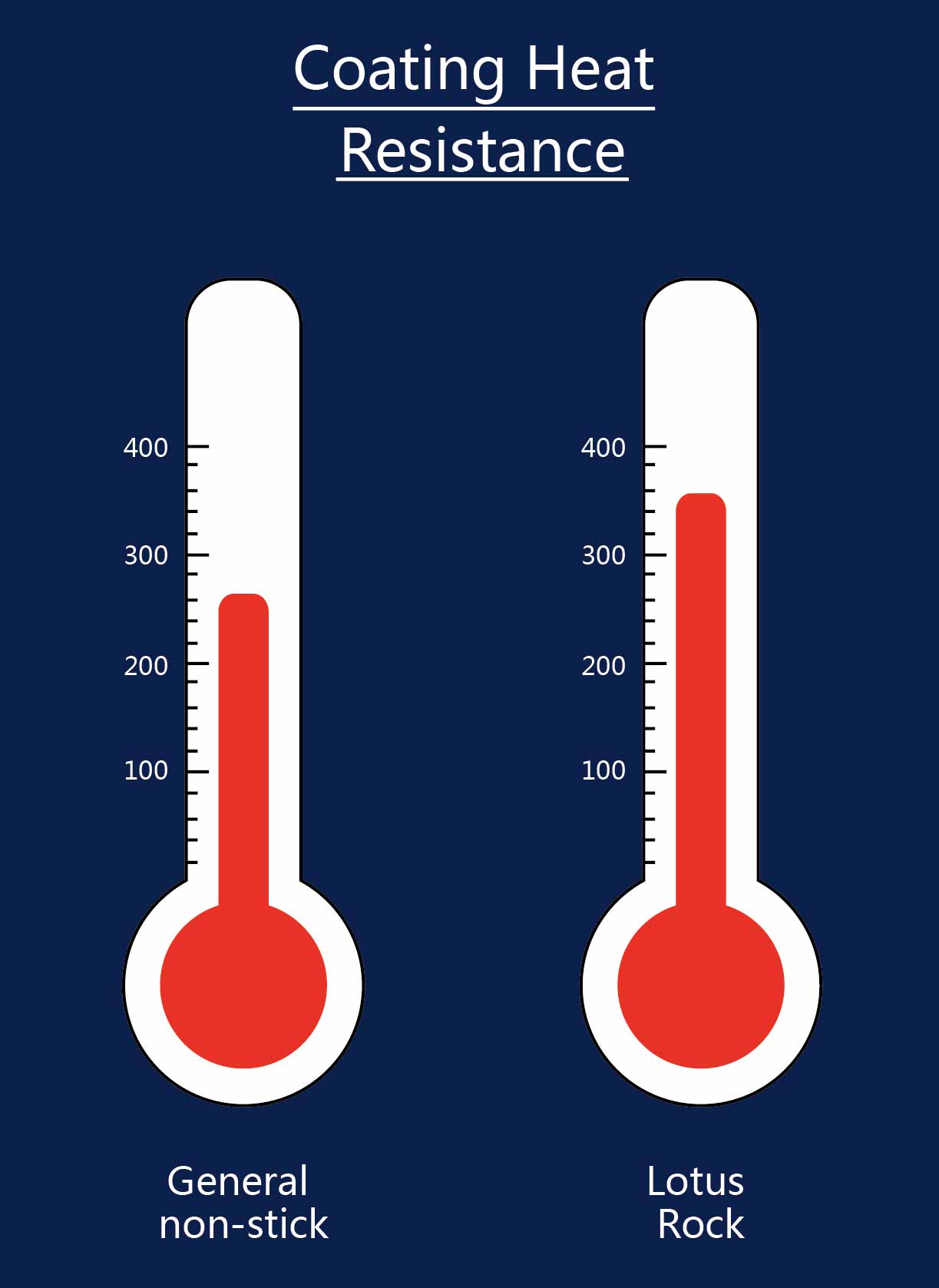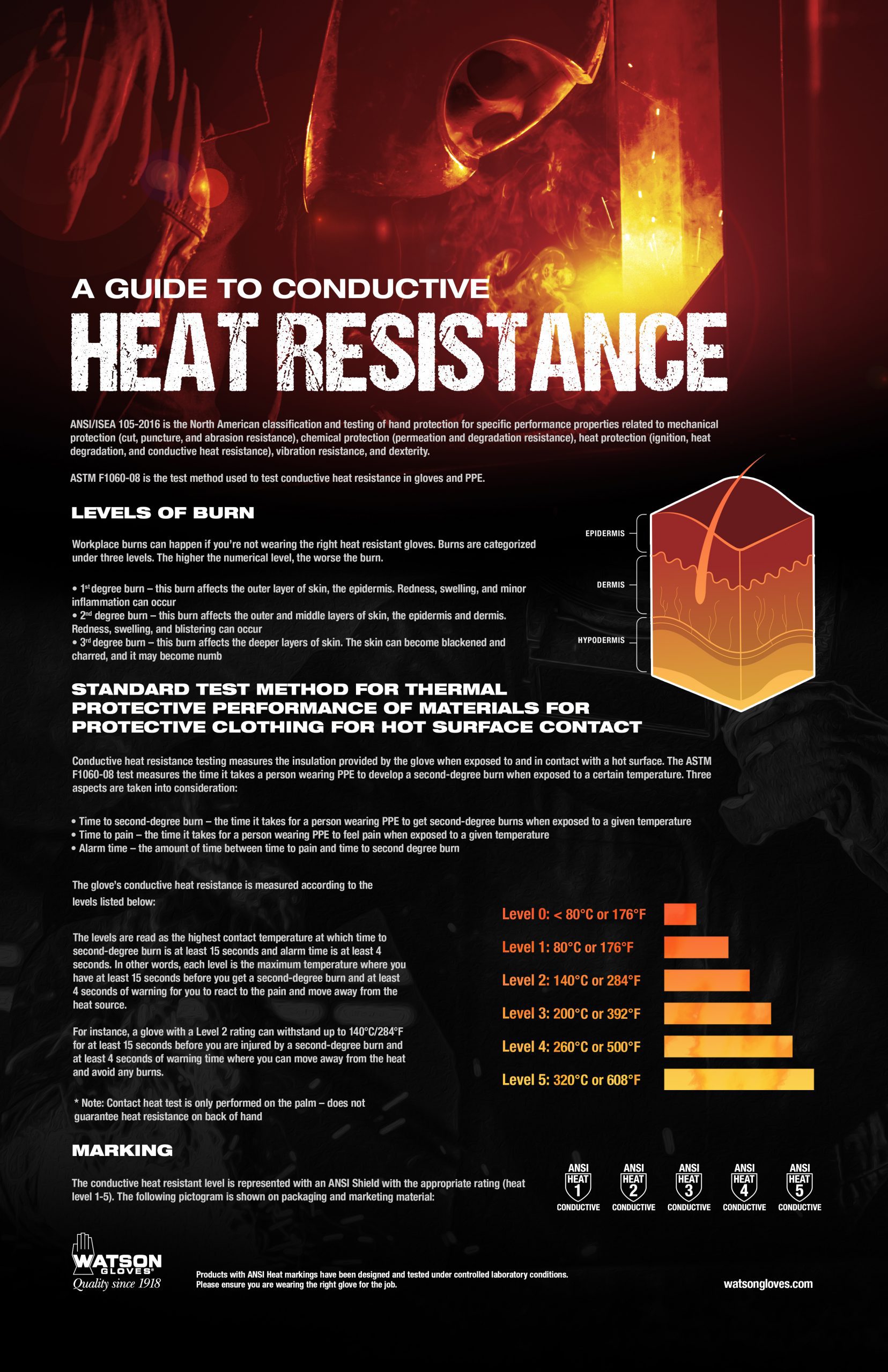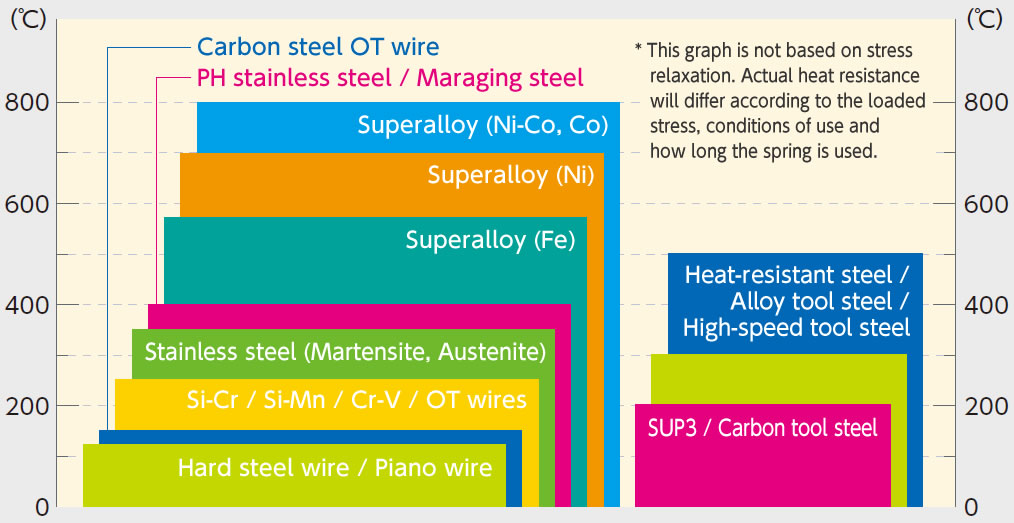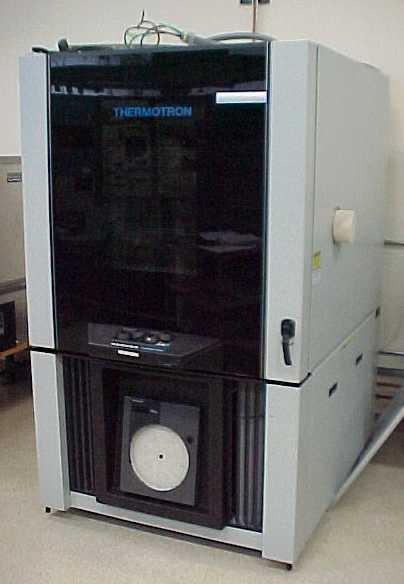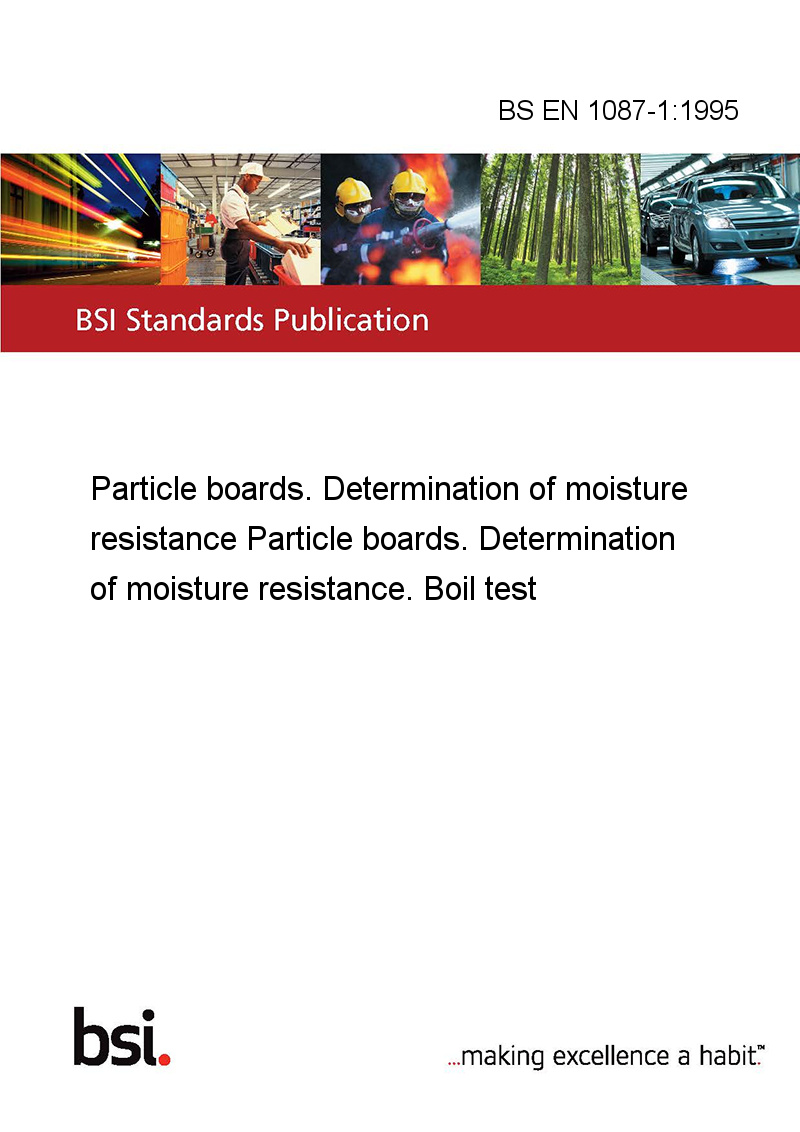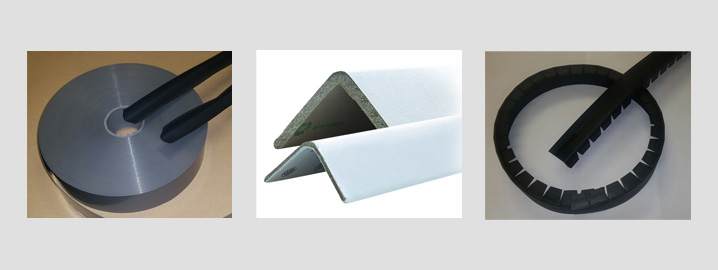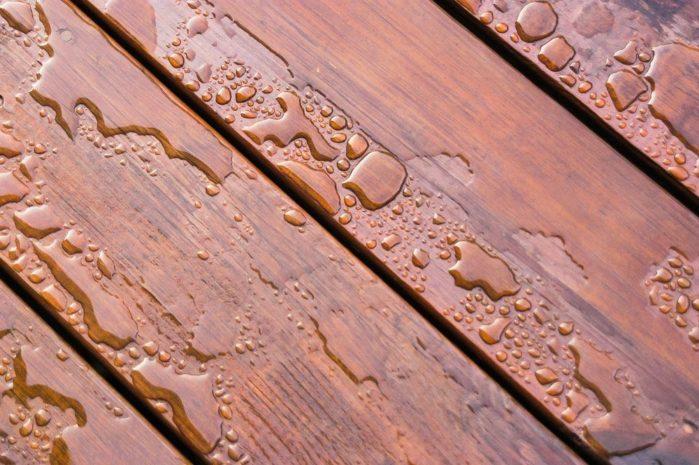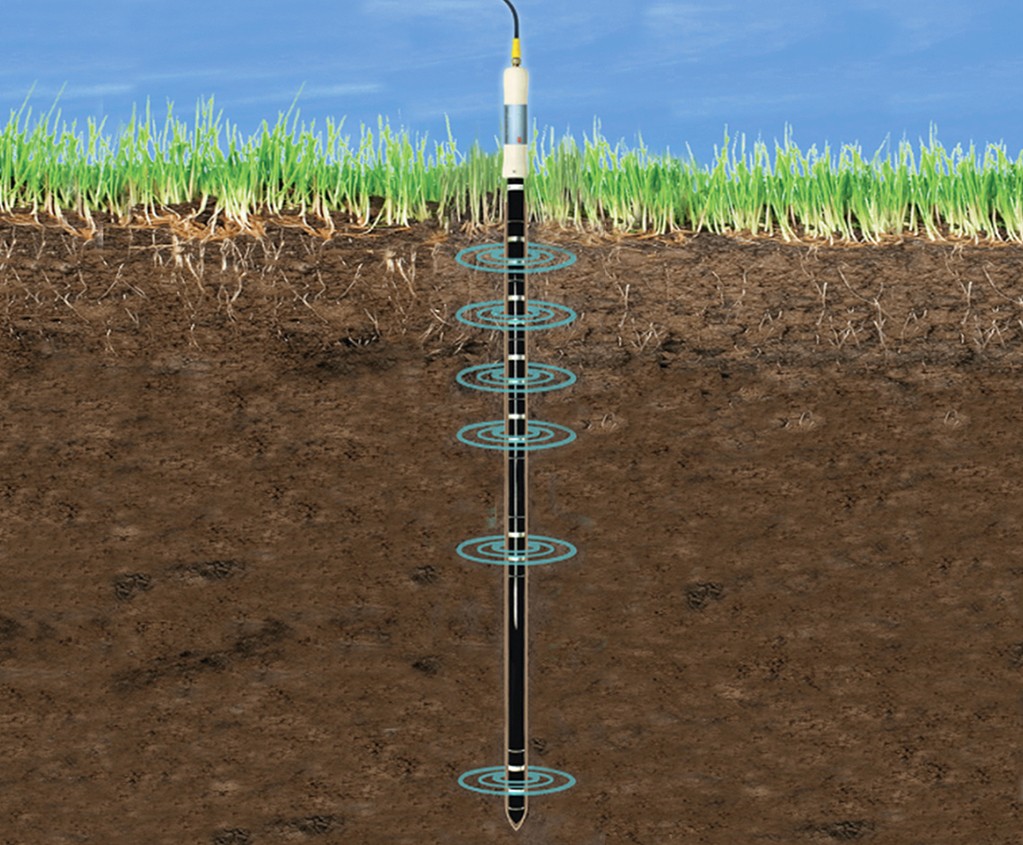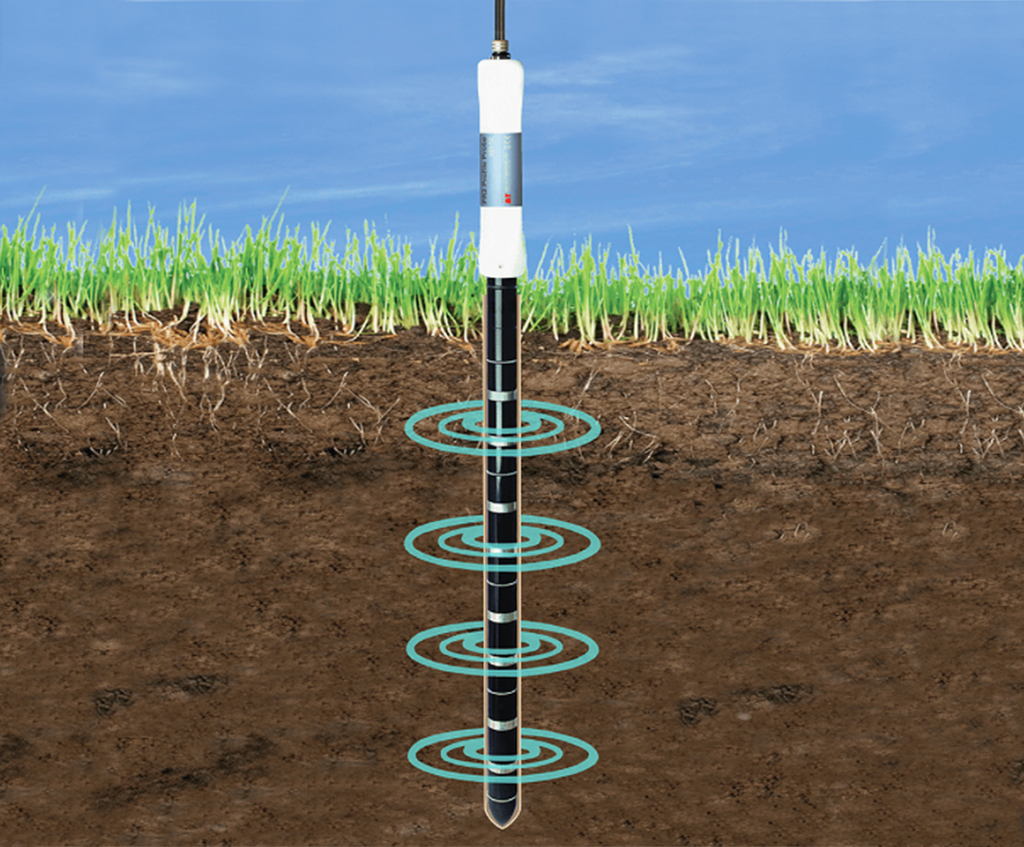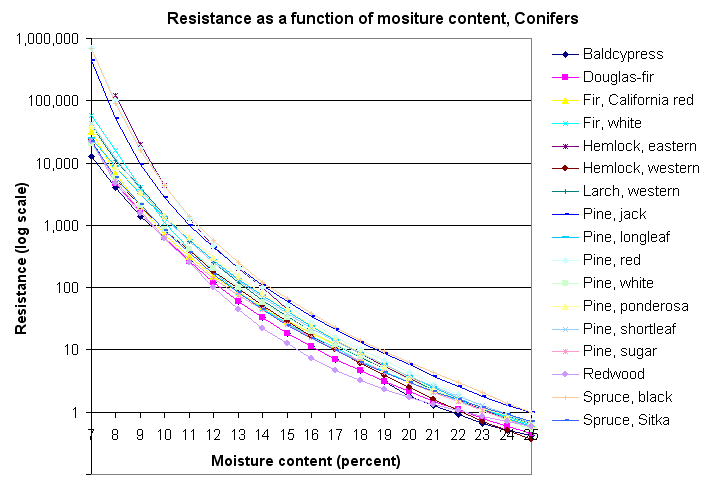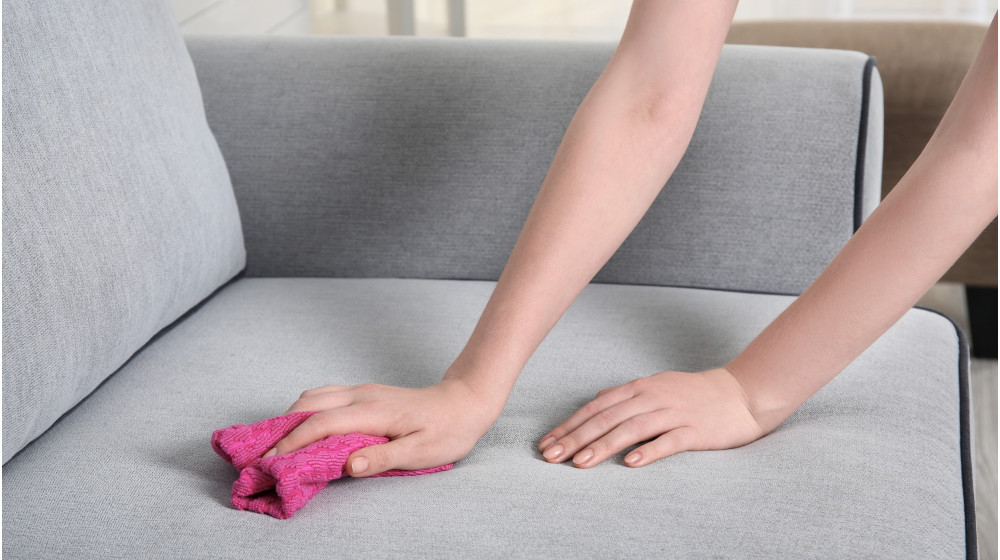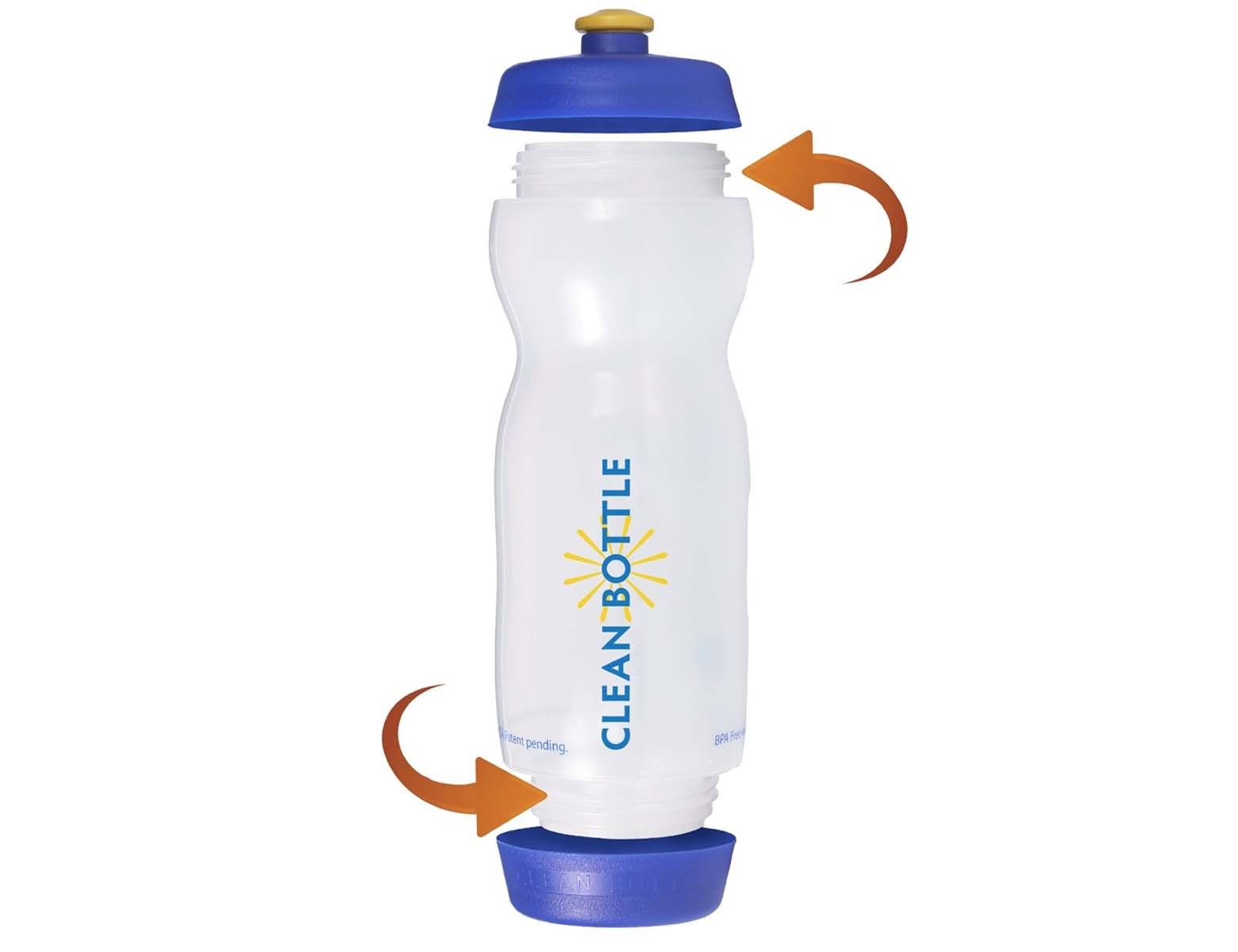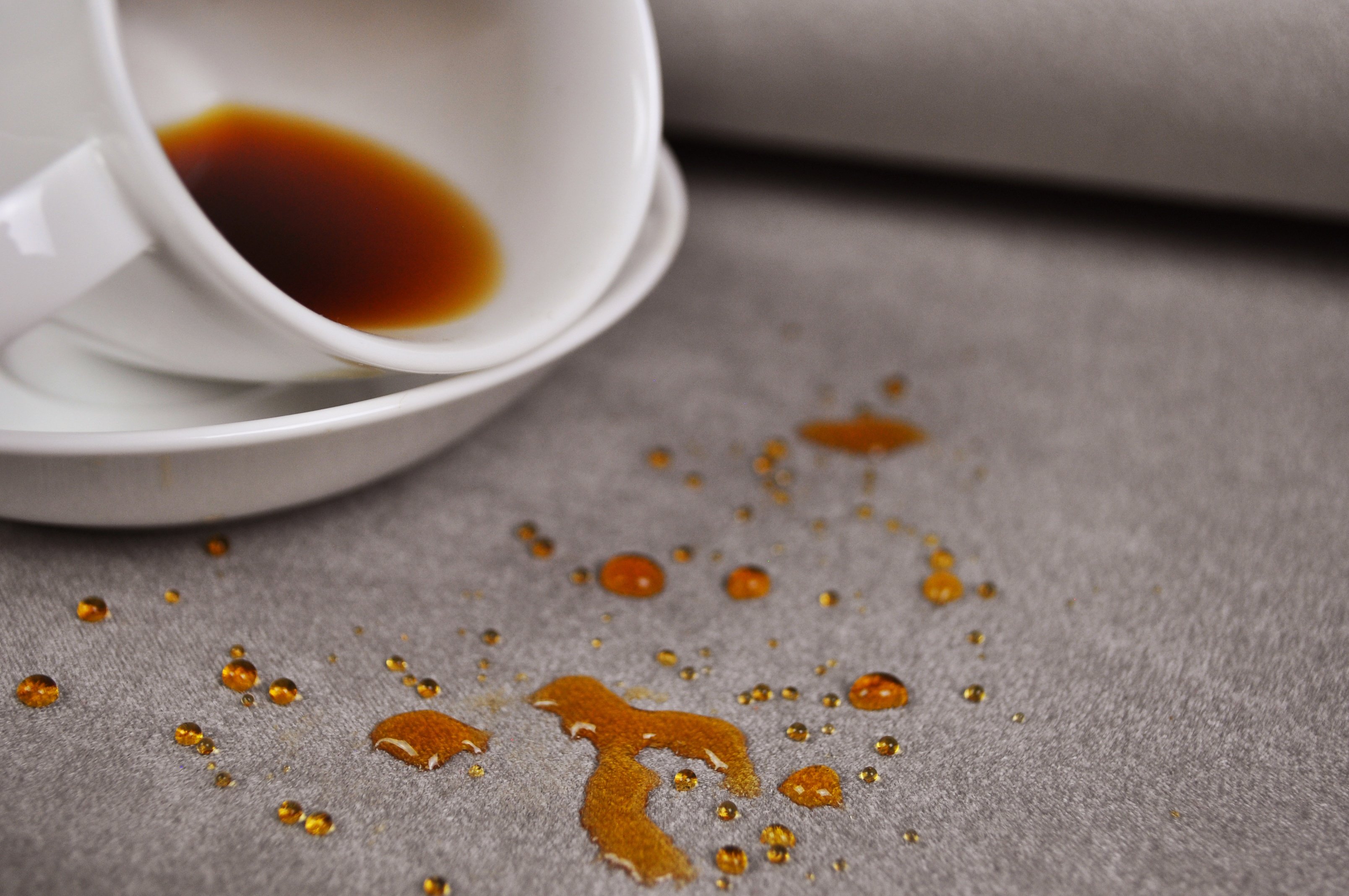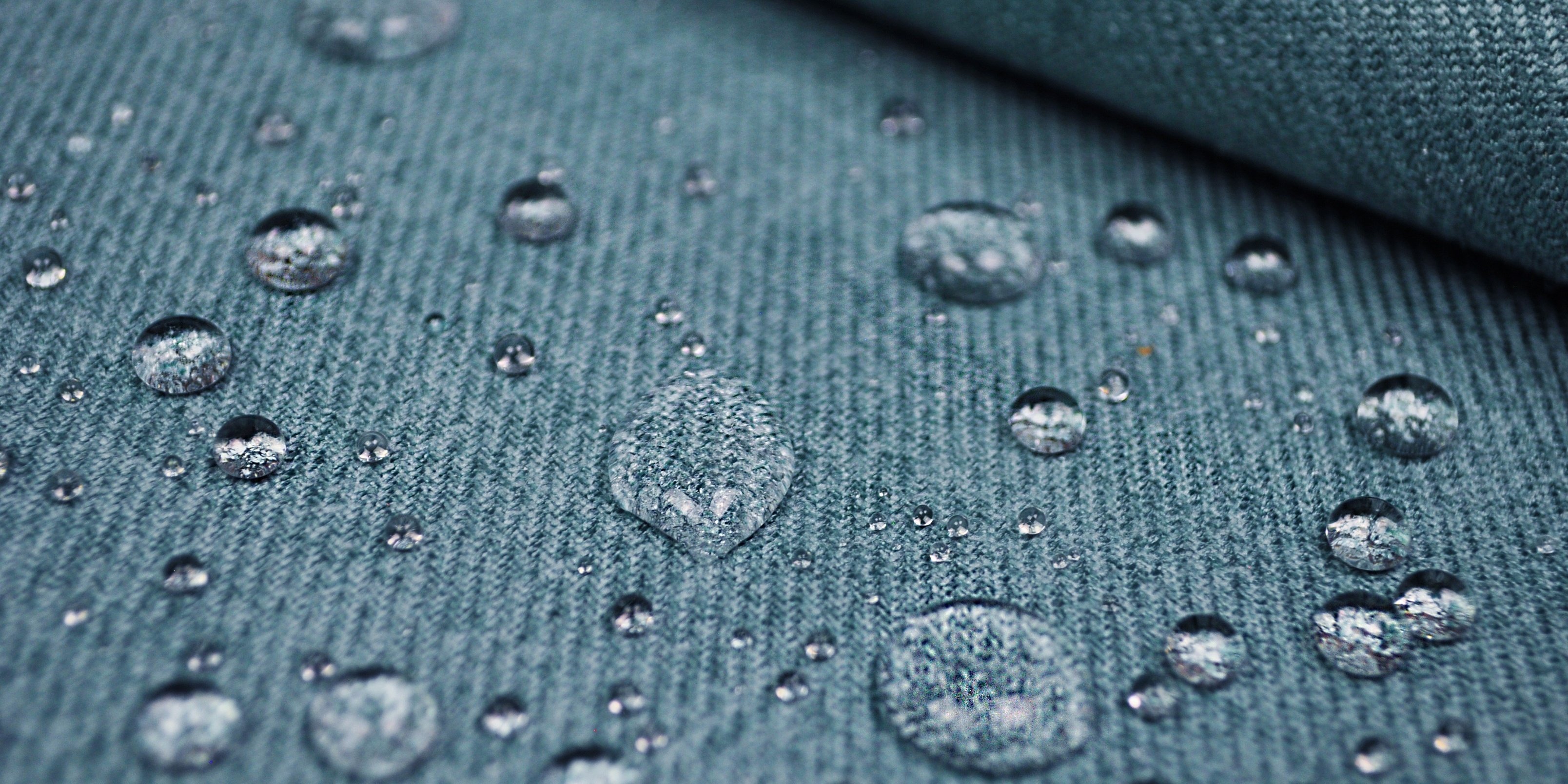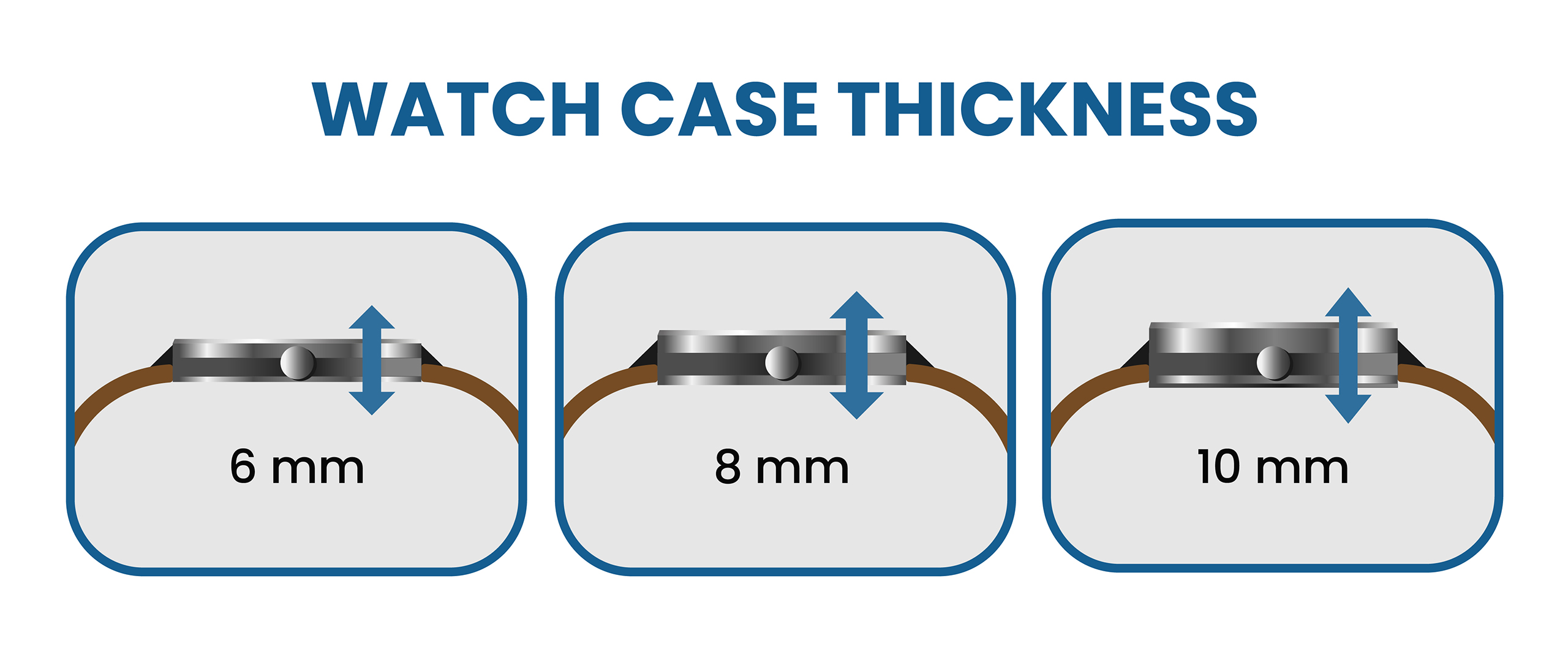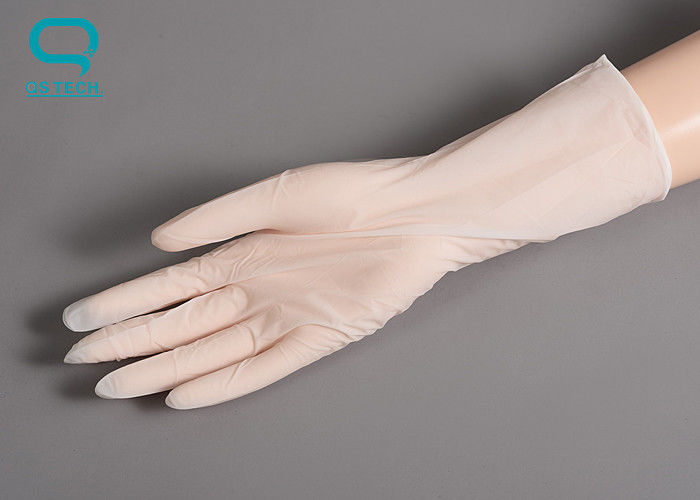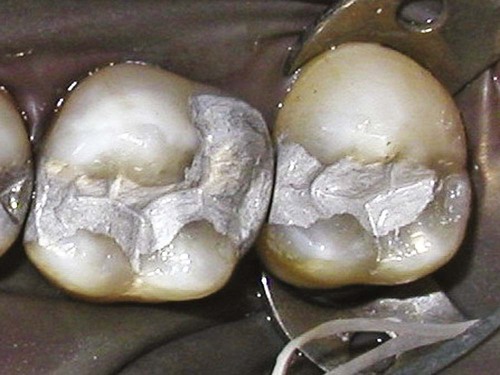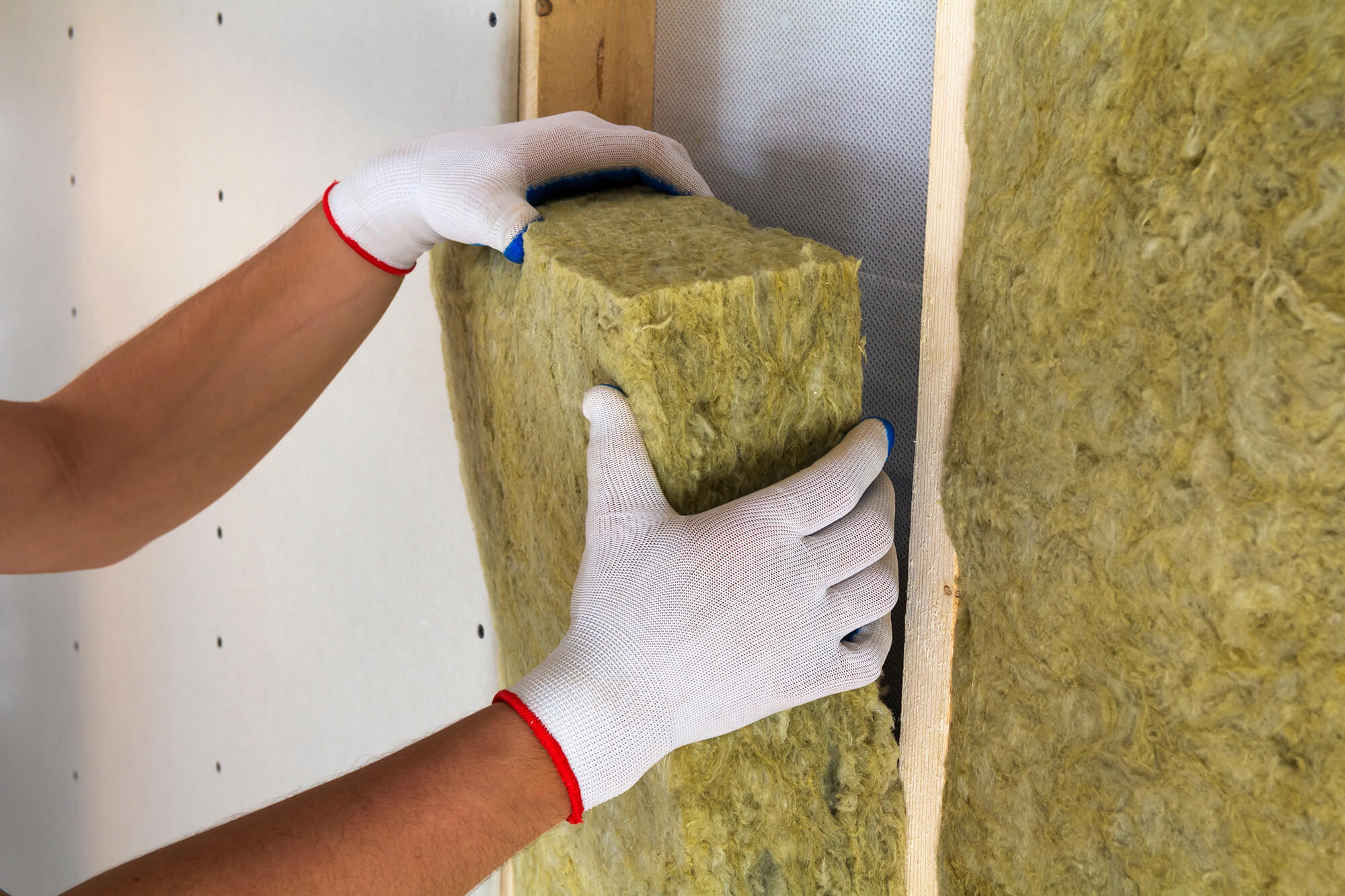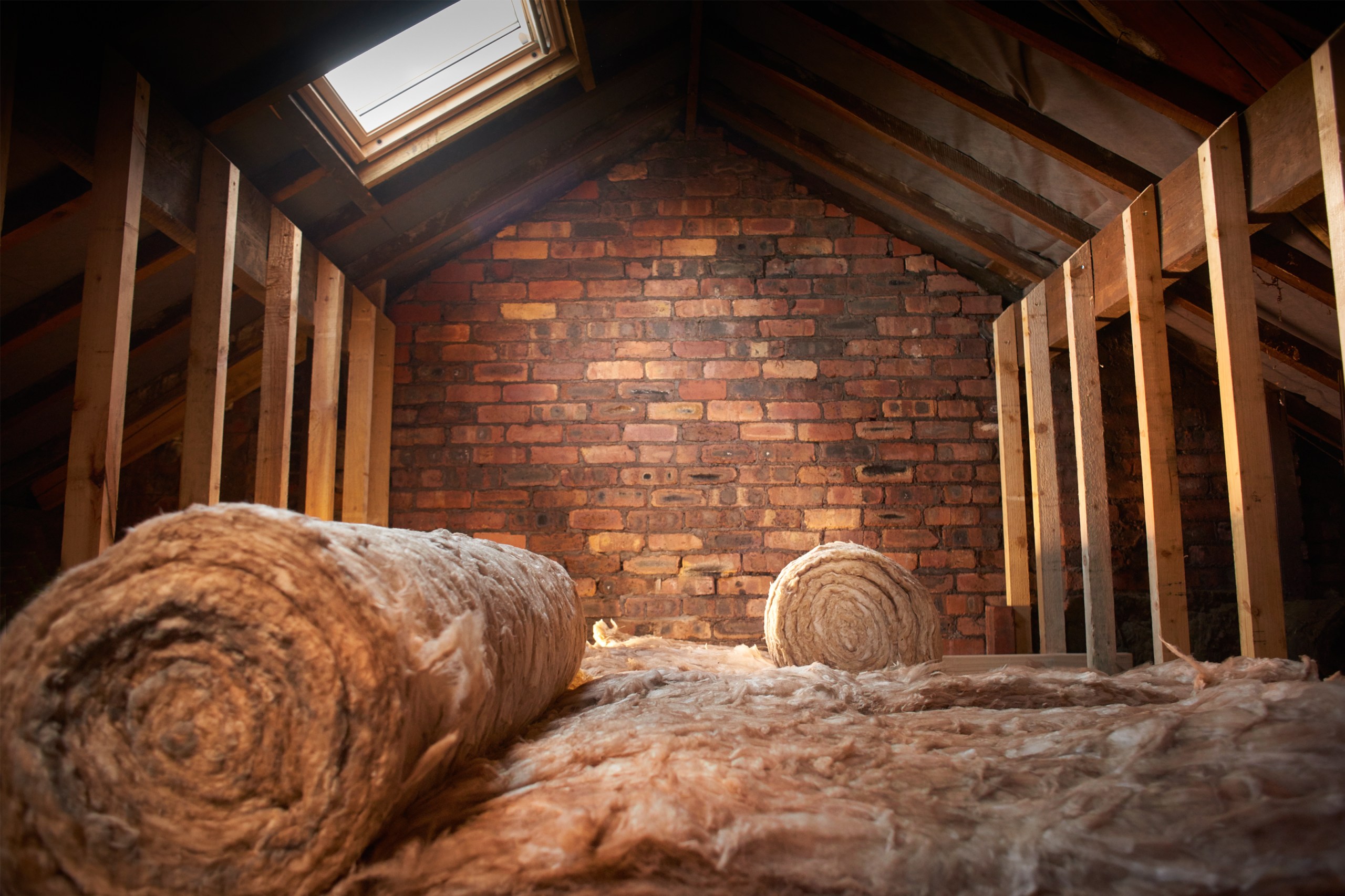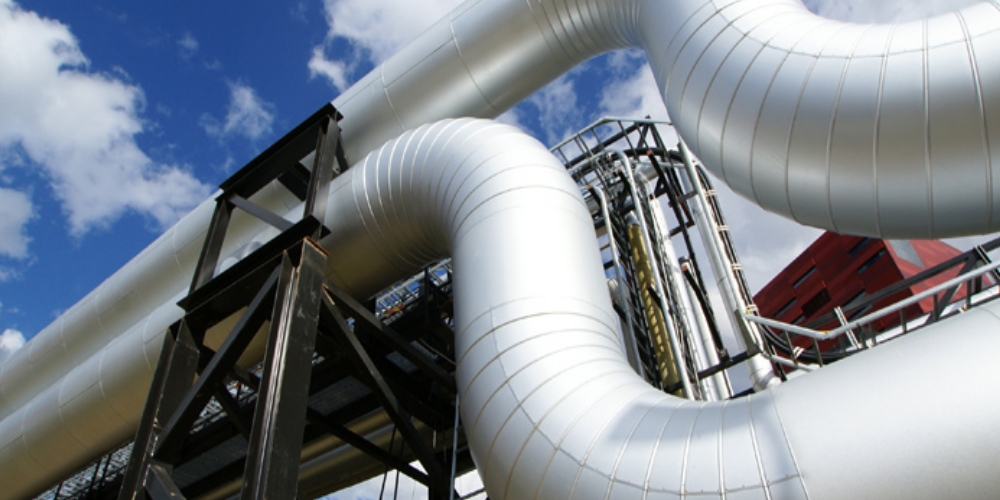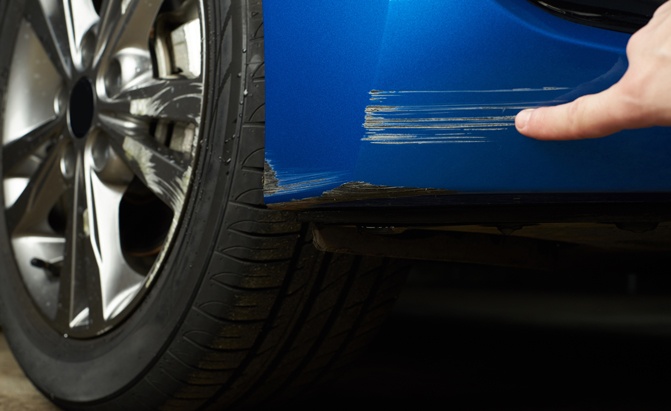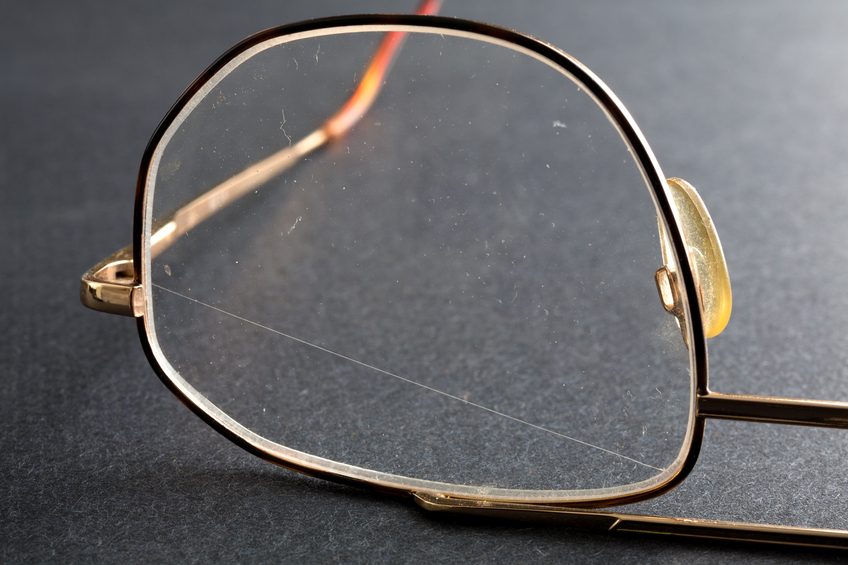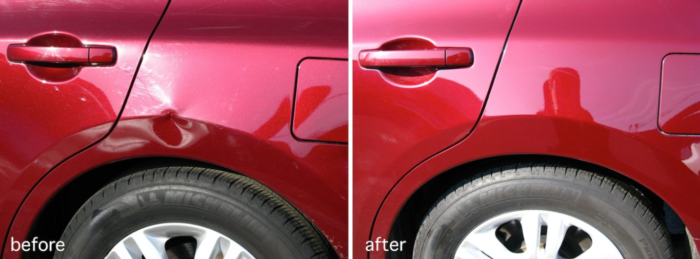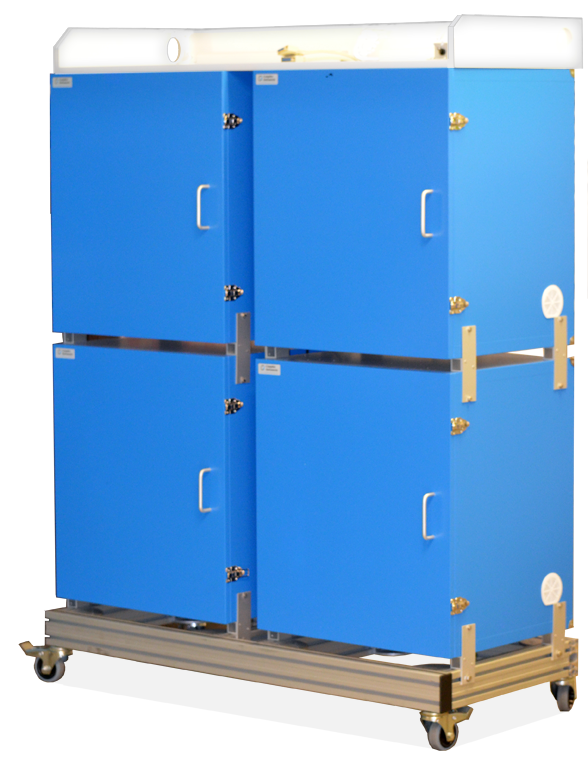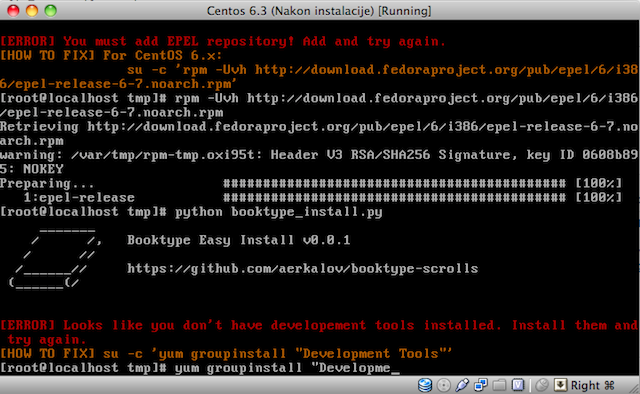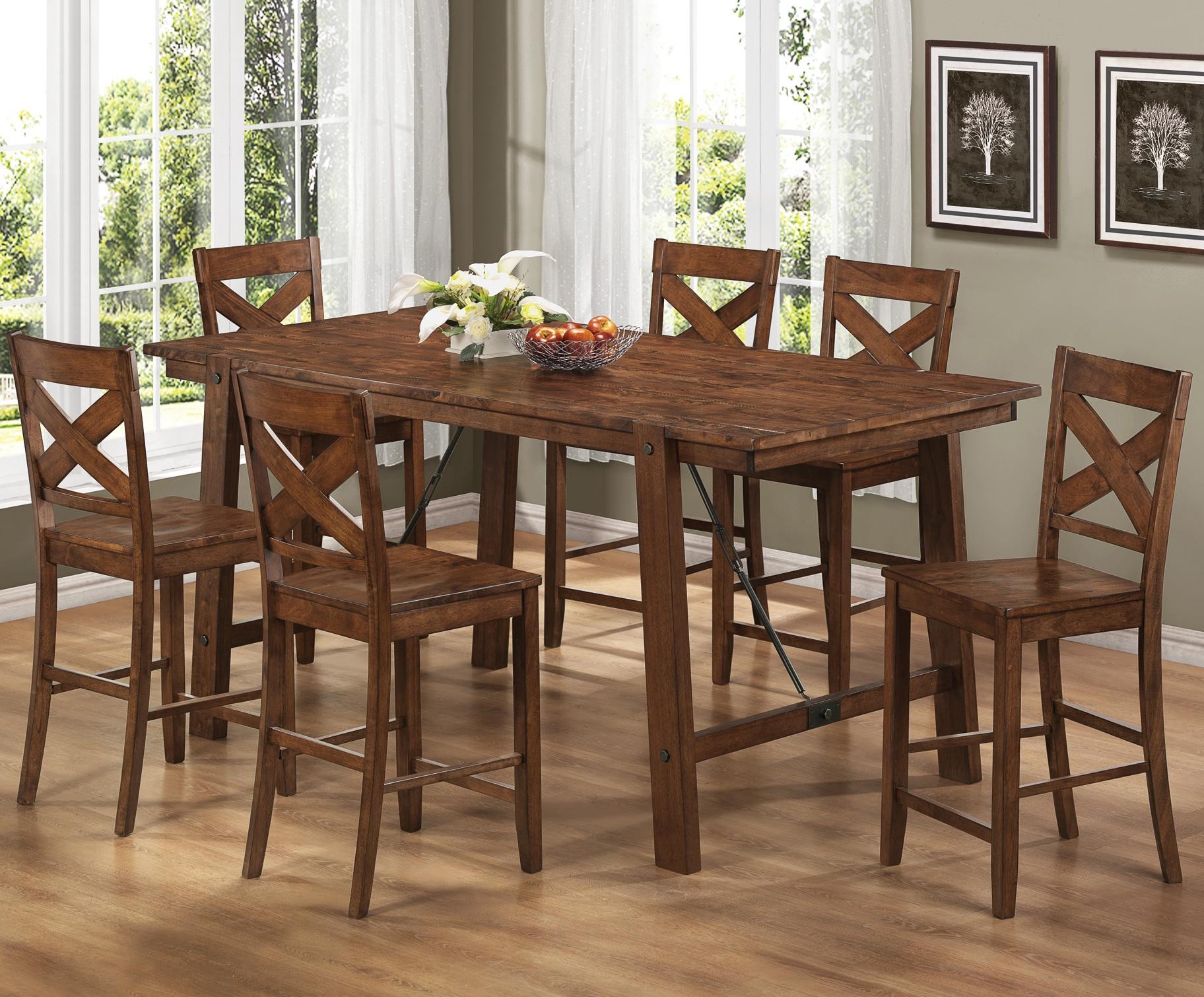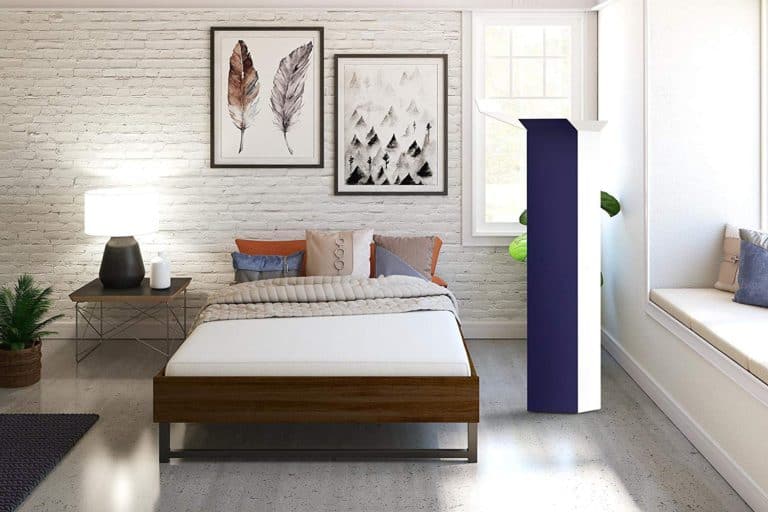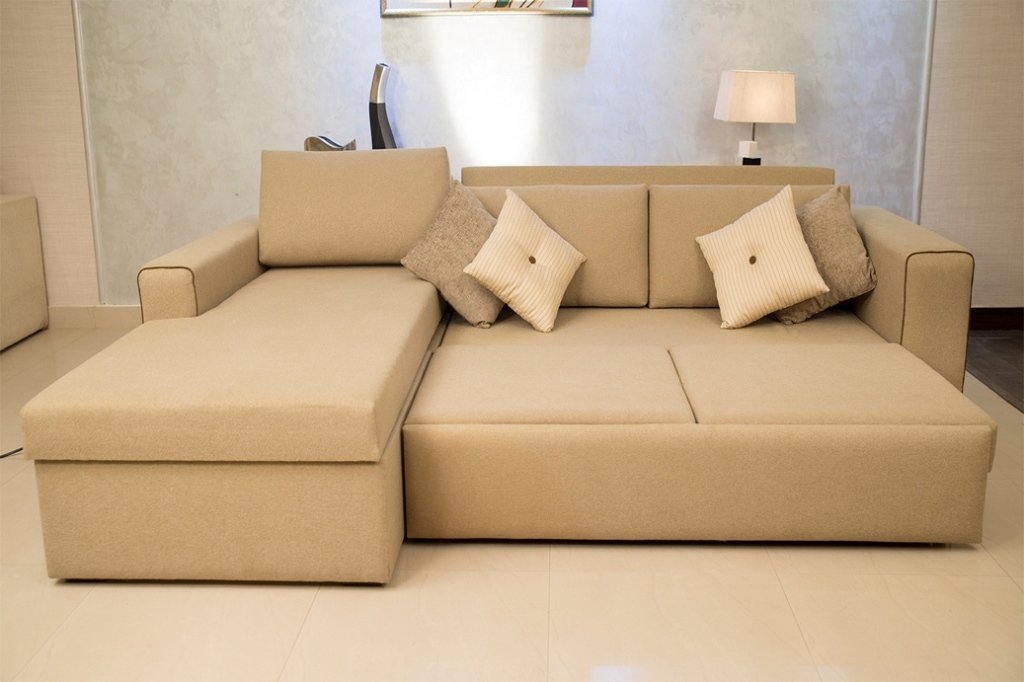Durability
One of the most important qualities to look for in a kitchen wall is durability. Your kitchen walls will experience a lot of wear and tear, from cooking splatters to accidental bumps and spills. That's why it's crucial to choose a material that can withstand the demands of a busy kitchen. Strong and long-lasting materials like granite, quartz, or solid surface are great options for kitchen walls.
Heat Resistance
The kitchen is a hot and steamy place, with lots of heat and moisture from cooking. That's why heat resistance is another important quality to consider when choosing a kitchen wall. Heat-resistant materials like ceramic tiles, stainless steel, and stone are great options for keeping your walls safe from hot pans and pots.
Moisture Resistance
Moisture is another factor that can damage kitchen walls, especially if you do a lot of cooking. Steam, splashes, and spills can cause mold and mildew growth, which can lead to structural damage and health issues. Look for materials that are resistant to moisture and can be easily wiped down, such as ceramic tiles, glass, or vinyl wallpaper.
Easy to Clean
It's no secret that kitchens can get dirty quickly. That's why it's essential to have walls that are easy to clean. Avoid materials that are porous or textured, as they can be challenging to clean and can harbor bacteria. Instead, opt for smooth, non-porous surfaces like tiles, stainless steel, or glass, which can be easily wiped down with a damp cloth.
Stain Resistance
In a busy kitchen, spills and splatters are bound to happen. That's why it's crucial to choose a material that is resistant to stains. This quality will not only keep your walls looking clean and fresh but also save you from the hassle of constantly scrubbing and cleaning. Materials like ceramic tiles, glass, or solid surface are great options for stain resistance.
Aesthetic Appeal
Aside from functionality, your kitchen walls also contribute to the overall aesthetic appeal of your kitchen. Choose a material that complements the style and design of your kitchen. For a modern and sleek look, consider stainless steel or glass. For a more traditional and cozy feel, ceramic tiles or natural stone are great choices.
Adequate Thickness
The thickness of your kitchen walls is also an important factor to consider. Walls that are too thin can easily get damaged, while walls that are too thick can be difficult to install and can take up extra space. Look for materials that have adequate thickness for your needs and can provide the necessary support and protection for your walls.
Good Insulation
In addition to heat resistance, good insulation is also crucial for kitchen walls. This quality will help keep your kitchen at a comfortable temperature and prevent heat from escaping, which can save you money on energy bills. Consider materials like ceramic tiles or solid surface, which have good insulation properties.
Resistant to Scratches and Dents
Your kitchen walls are also prone to scratches and dents, especially if you have kids or pets. Choosing a material that is resistant to scratches and dents can save you from having to constantly repair or replace your walls. Materials like ceramic tiles, solid surface, or natural stone are durable options that can withstand daily use without showing signs of wear and tear.
Easy to Install
Lastly, consider the ease of installation when choosing a material for your kitchen walls. Some materials may require professional installation, while others can be easily installed by homeowners. If you're looking for a DIY option, consider materials like peel-and-stick tiles or vinyl wallpaper. However, if you want a more permanent and professional finish, opt for materials like ceramic tiles, stone, or solid surface, which may require professional installation.
Additional Qualities of a Good Kitchen Wall

Maximizing Storage Space
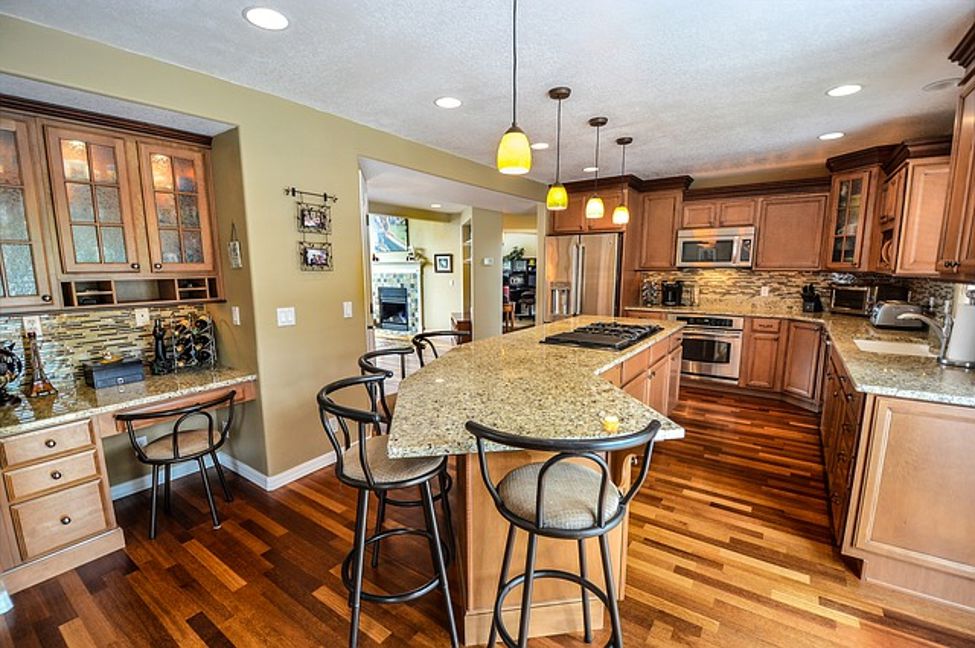 One of the most important qualities of a good kitchen wall is its ability to maximize storage space. A well-designed kitchen wall should have plenty of cabinets and shelves to store all your cooking essentials, from pots and pans to spices and utensils. This not only makes your kitchen more functional, but it also helps to keep your countertops clutter-free, allowing for a cleaner and more organized cooking experience.
One of the most important qualities of a good kitchen wall is its ability to maximize storage space. A well-designed kitchen wall should have plenty of cabinets and shelves to store all your cooking essentials, from pots and pans to spices and utensils. This not only makes your kitchen more functional, but it also helps to keep your countertops clutter-free, allowing for a cleaner and more organized cooking experience.
Easy Maintenance
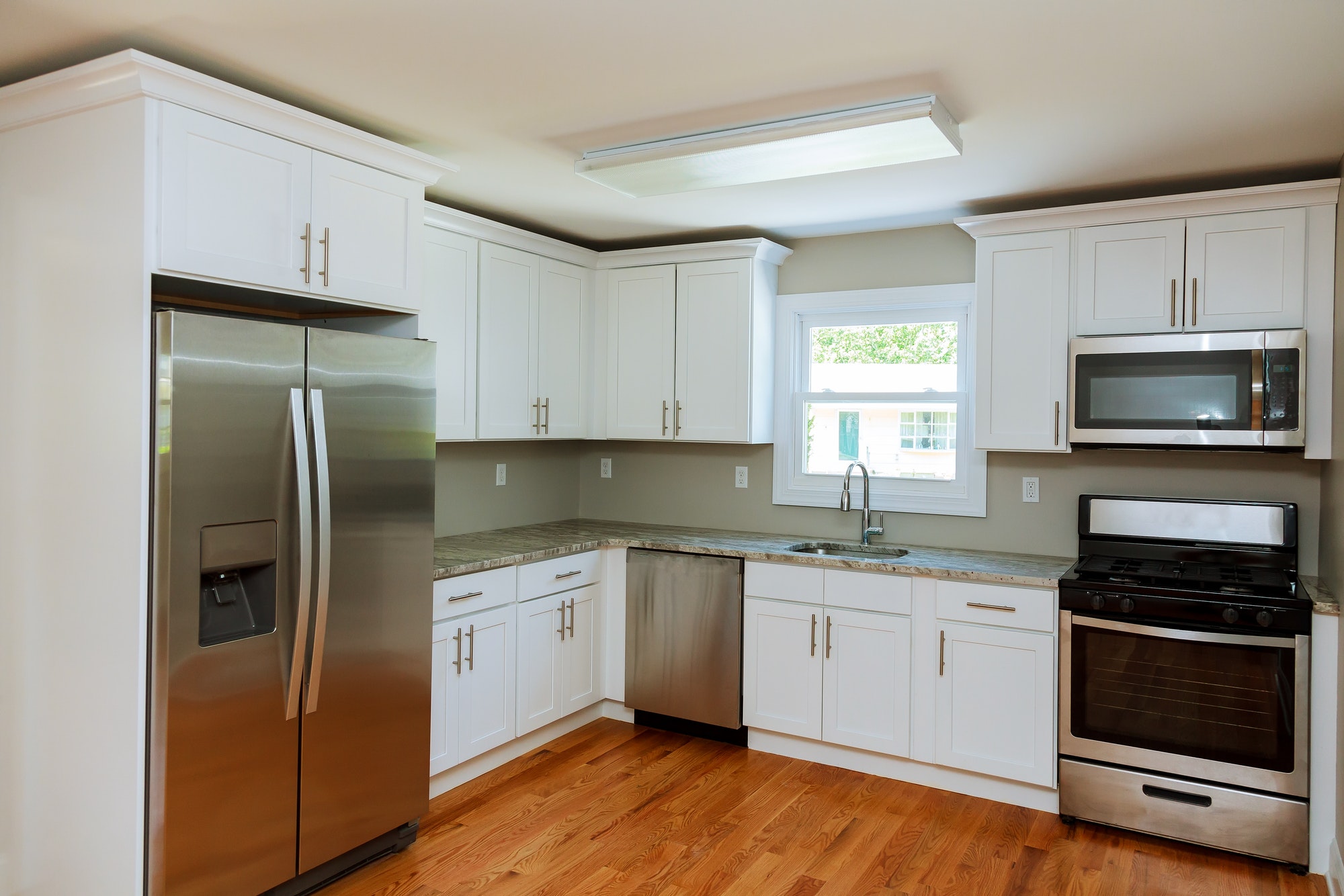 Another essential quality of a good kitchen wall is its ability to be easily maintained. Kitchens are high-traffic areas and are prone to spills, stains, and splashes. Therefore, it's important to choose wall materials that are durable and easy to clean. Tiles, stainless steel, and laminate are all great options for kitchen walls as they are water-resistant and can be easily wiped down.
Another essential quality of a good kitchen wall is its ability to be easily maintained. Kitchens are high-traffic areas and are prone to spills, stains, and splashes. Therefore, it's important to choose wall materials that are durable and easy to clean. Tiles, stainless steel, and laminate are all great options for kitchen walls as they are water-resistant and can be easily wiped down.
Aesthetic Appeal
 While functionality is crucial, the kitchen is also a place for creativity and self-expression. A good kitchen wall should not only be functional but also aesthetically pleasing. Consider incorporating
bold colors
or
eye-catching patterns
to add some personality and style to your kitchen. Alternatively, you can opt for a more
minimalistic
approach with a clean and simple design that creates a sense of
calm and serenity
in the space.
While functionality is crucial, the kitchen is also a place for creativity and self-expression. A good kitchen wall should not only be functional but also aesthetically pleasing. Consider incorporating
bold colors
or
eye-catching patterns
to add some personality and style to your kitchen. Alternatively, you can opt for a more
minimalistic
approach with a clean and simple design that creates a sense of
calm and serenity
in the space.
Proper Lighting
 Lighting is often overlooked when it comes to kitchen design, but it can make a huge difference in the overall look and feel of the space. A good kitchen wall should have proper lighting that not only illuminates the room but also highlights the design and features of the wall. Consider installing
LED strip lights
under cabinets or adding
pendant lights
above a kitchen island to add both functionality and ambiance to your kitchen.
Overall, a good kitchen wall should be a balance of both form and function. It should not only be visually appealing but also serve its purpose in making your cooking experience more efficient and enjoyable. By incorporating these qualities into your kitchen wall design, you can create a space that is both practical and aesthetically pleasing.
Lighting is often overlooked when it comes to kitchen design, but it can make a huge difference in the overall look and feel of the space. A good kitchen wall should have proper lighting that not only illuminates the room but also highlights the design and features of the wall. Consider installing
LED strip lights
under cabinets or adding
pendant lights
above a kitchen island to add both functionality and ambiance to your kitchen.
Overall, a good kitchen wall should be a balance of both form and function. It should not only be visually appealing but also serve its purpose in making your cooking experience more efficient and enjoyable. By incorporating these qualities into your kitchen wall design, you can create a space that is both practical and aesthetically pleasing.
